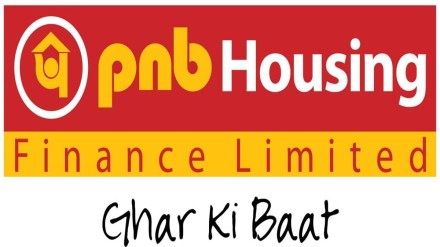PNB Housing Finance will continue to focus on growing its affordable housing and emerging market portfolio in 2024-25(April-March), managing director and chief executive officer Girish Kousgi said.
“Our focus this year would be on the affordable housing and emerging vertical. These two would contribute 40% of the incremental business,” he said.
The housing finance company’s loan assets rose 10% year-on-year (y-o-y) to Rs 65,358 crore as on March 31, and the retail segment constitutes 97% of loan assets. The affordable housing book stands at Rs 1,790 crore as on March 31.
Apart from this, the company is focusing on catering to customers in tier II and tier III cities for higher yielding emerging business within the prime segment.
The average ticket size in the emerging market segment is `25 lakh. While loans in the prime segment are priced at 9-10% per annum, the loans in the emerging markets vertical are priced at 10-11% per annum.
Overall, the company has set up 160 branches for the affordable segment, 50 branches for emerging segment, and 90 branches for the prime customer segment.
In recent years, the company has restructured its business model and prioritised the retail segment by reducing corporate loans in the overall product mix. This has helped the company improve its gross non-performing asset ratio.
The company’s gross non-performing asset (GNPA) ratio fell to 1.5% as on March 31 from 3.8% a year ago. Corporate GNPA fell to 3.3% as on March 31 from 22.3% a year ago. Going ahead, the company intends to reduce its overall GNPA to 1-1.1% by March 31. The net interest margin is expected to be at around 3.5%.
With this steady improvement in asset quality, Kousgi said that the company may resume corporate loan disbursements in the current financial year. However, retail segment will continue to hold the lion’s share within the overall portfolio.
“Our retail-corporate mix will slowly start changing sometime during the year if we resume corporate disbursements. But, the retail mix will always be at over 90%,” he said. The retail assets-under management expected to grow at 17% y-o-y in the current financial year.
